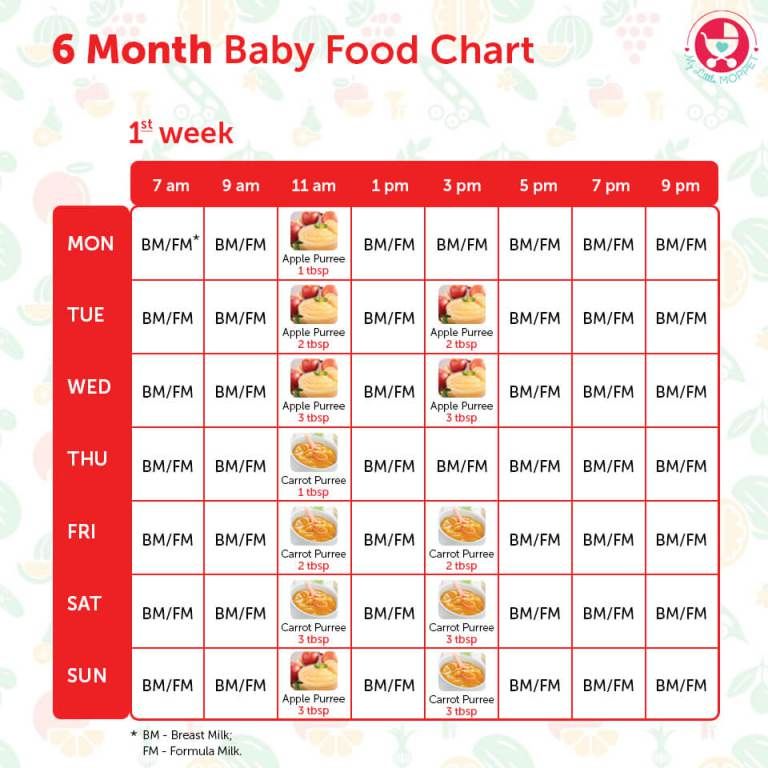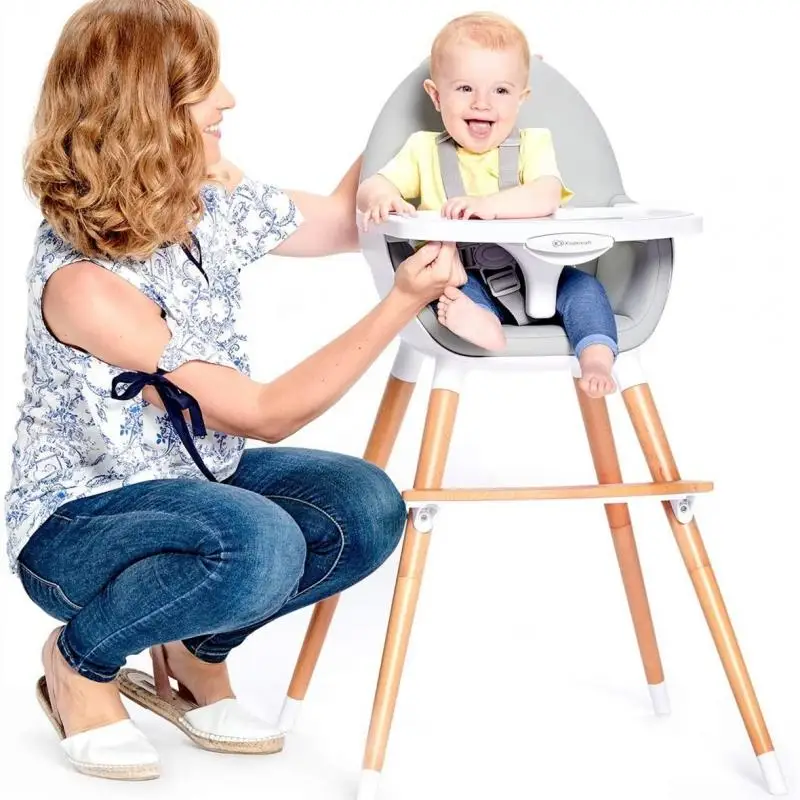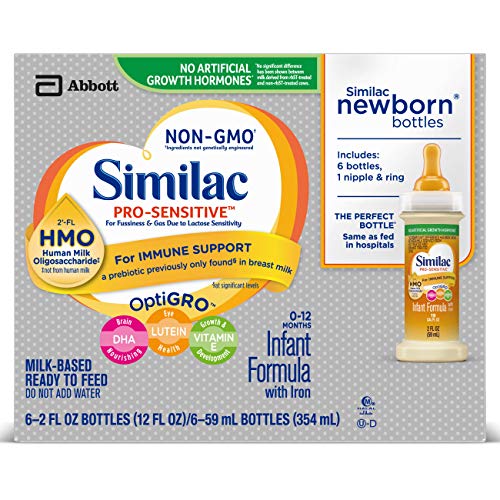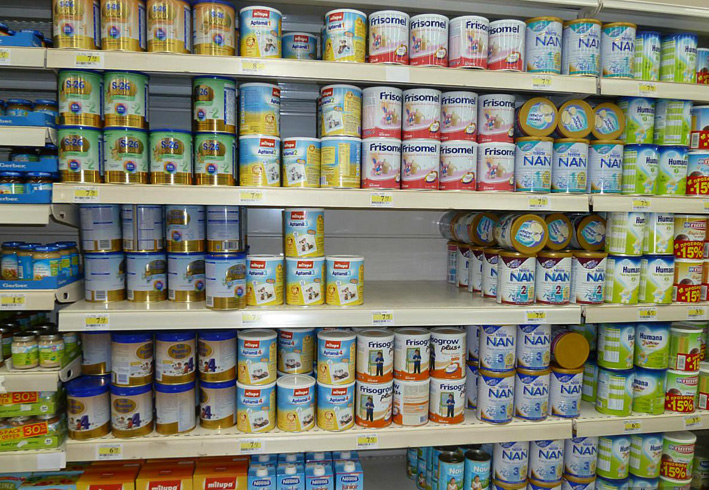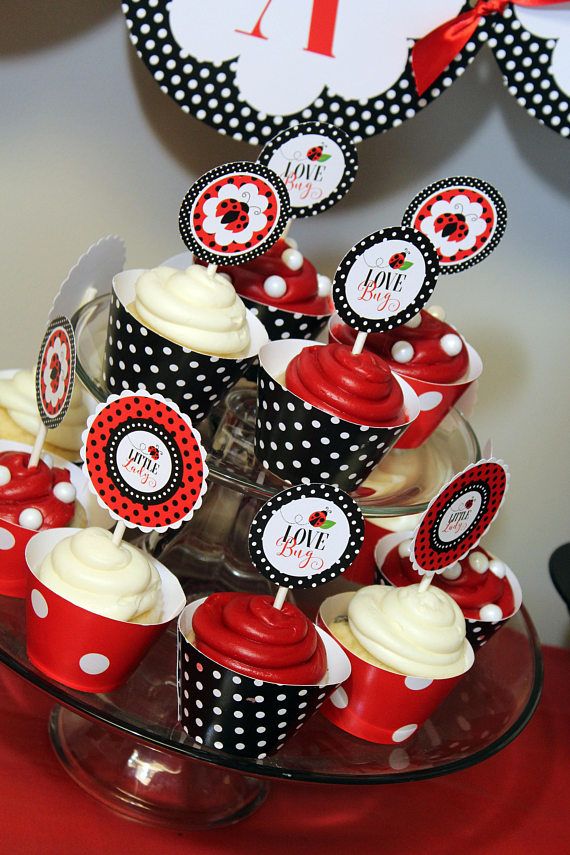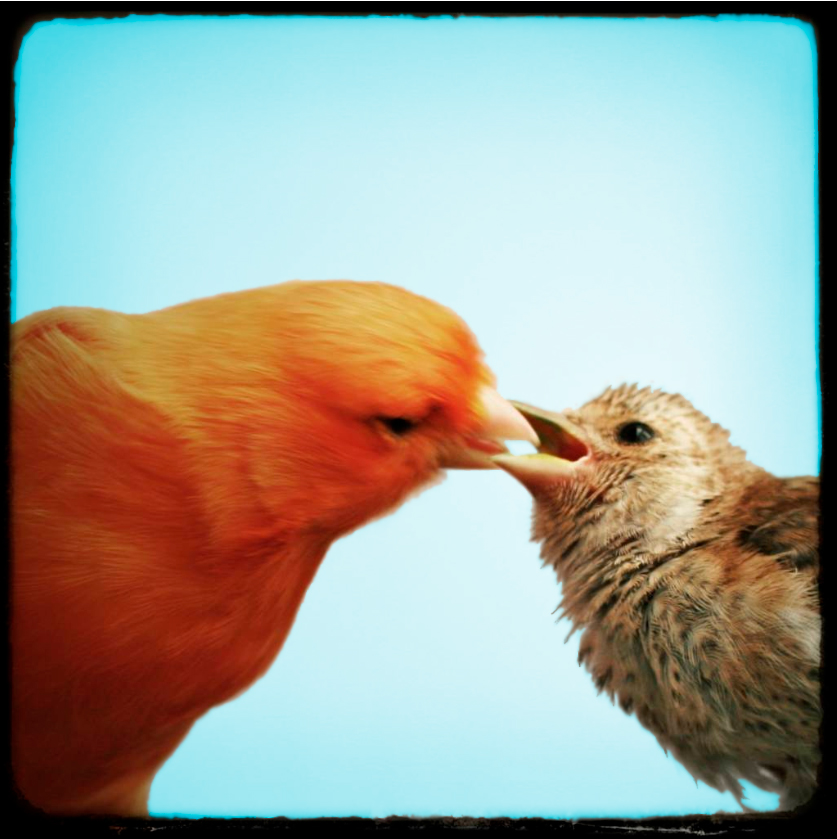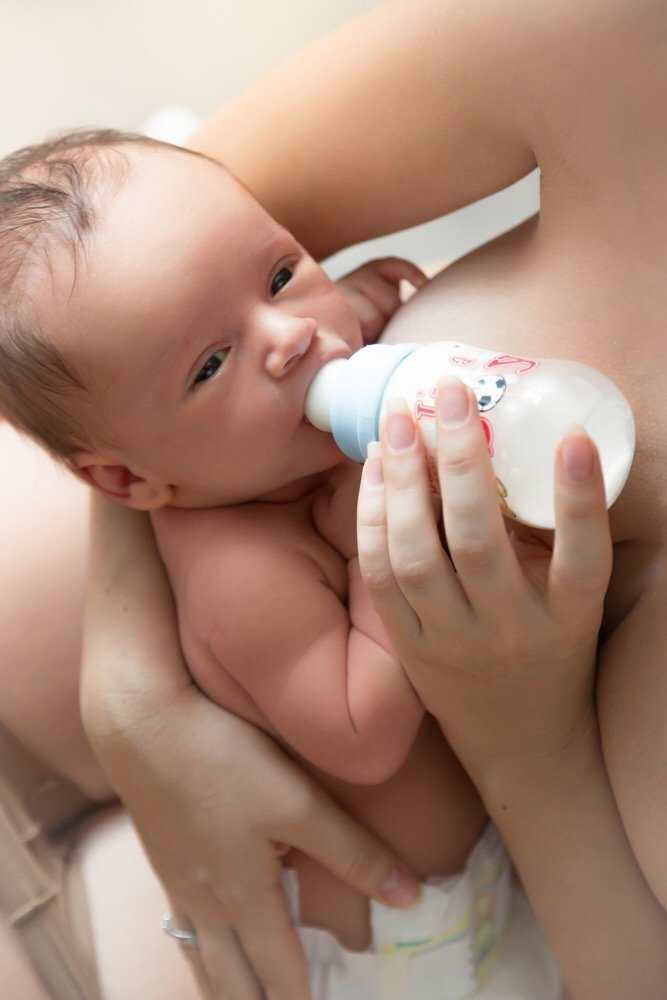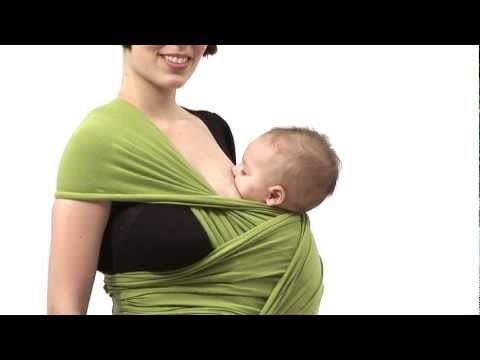Baby parrot not eating food
Why Is My Parrot NOT Eating? Top Reasons Your Bird Won't Eat
Has your beloved parrot abruptly stopped eating for no apparent reason?
Whether you own a large African Grey, Macaw, or a small parakeet, all pet parrots need to consume food and water on a daily basis to ensure proper health and development.
When your bird stops eating or drinking, their health will gradually decline while their bodies become weaker and weaker.
But what factors are known to cause this behavior? And how can concerned owners like you encourage parrots to eat again?
Read on to find out...
Common Causes & Why You Shouldn't Ignore This Behavior
When a parrot suddenly stops eating their food, it's usually a sign of a more serious underlying problem...
Parrots are creatures of habit and some are extra picky by nature and will only eat a certain type of food. So seeing your parrot not eating is not always a cause for concern.
However, when they stop eating ALL of their food, you must quickly act to identify the problem.
Turning a blind eye to your parrot's malnutrition will lead to the deterioration of his or her health.
Whether your parrot is a baby, new to your family, or a longterm resident of your flock—and whether they are small, medium or large—you must ensure they are eating food on a daily basis.
Stress From a New Environment
One of the most common reasons why pet parrots don't eat is because they're suffering from the stress of being in a new environment.
If you recently brought them home from the rescue center, pet store, or breeder, there is a good chance this is the root cause of their behavior.
You have to remember that moving into a new home is a big change for a parrot; they'll have new sights, sounds and smells—some of which can seem rather threatening at first.
The good news is that most parrots will naturally ease into their new home and start eating and drinking normally within a couple of days.
Owners should pay close attention to their parrots during the first 24-48 hours, observing how much—if any—food they are eating.
If your parrot hasn't started eating or drinking properly by the third day, you'll want to take them to an avian veterinarian to ensure there's not a more serious underlying problem at hand.
Only then will you be able to professionally diagnose your bird's condition.
Depending on what other symptoms your parrot is experiencing, an avian veterinarian may want to perform a fecal and/or blood test to rule out common parasites and infections.
It's not uncommon for parrots to catch an infection that causes them to temporarily stop eating.
Thankfully, a round of antibiotics will wipe out some of the most common forms of infections. Listen to your veterinarian and follow their advice step by step.
New Type of Food That Doesn't Agree With Them
Of course, another common reason why some parrots stop eating is that they are introduced to a new type of food.
It is possible that finicky birds will do more playing with their new food than consuming it like you had planned.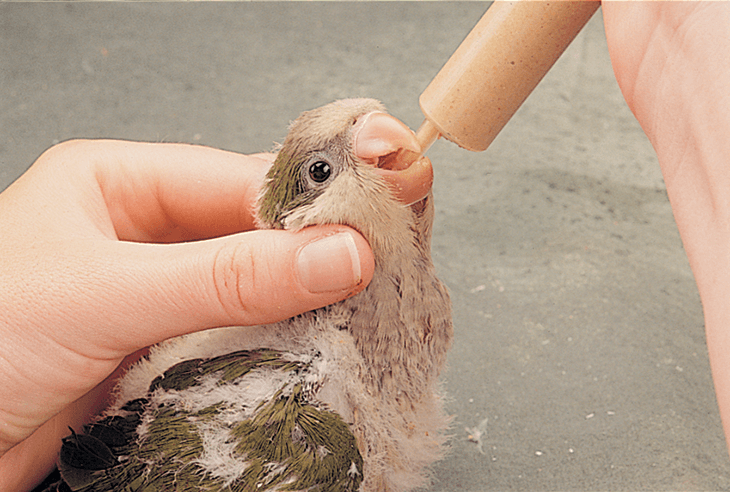 ..
..
If a parrot has been eating the same food for several months or longer, they'll probably be hesitant when you try to switch their imbalanced diet to a new type of food.
This is why most avian veterinarians recommend owners to continue feeding their parrots a similar diet throughout their life.
Any major modifications to their diet should be made gradually over a period of days or weeks by slowly introducing the new grub into their routine.
Observe Your Bird's Surroundings Closely
First and foremost, carefully look over your parrot's cage to see what they are doing with the food. For instance, your parrot could be eating the insides of their seed mix and spitting out the shells.
If this is the case, your bird is perfectly fine and should cause no reason for concern. Other picky parrots will play with and selectively choose certain pieces of food from a seed or pellet mix.
Until you are able to take your parrot to the veterinarian, you can try feeding them some soft foods through a plastic syringe.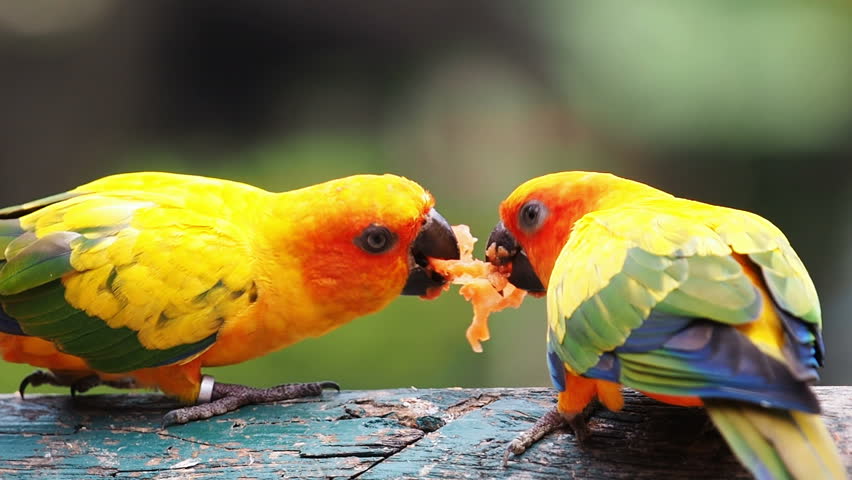 Here's a post explaining about your parrot's diet- transitioning, pellets and foods to avoid.
Here's a post explaining about your parrot's diet- transitioning, pellets and foods to avoid.
Stick To The Favorites
If your parrot has a favorite fruit or vegetable, which most do, mash it up and place it inside a syringe. Gently press the syringe in your bird's mouth to see if they are willing to swallow any of it.
Even if they swallow just a single mouthful, it's still a beneficial boost of energy and nutrition that will likely help them recover from their illness.
Likewise, every sip of water will boost their hydration levels.
How To Handle Baby Birds' Needs
For baby birds you are handfeeding, make sure the formula is at the right temperature and properly mixed each time. Inconsistencies in the mixture can cause them to refuse it.
Also, keep track of a young bird's age because they could be ready to move on to solid food which they will eat on their own instead of being handfed.
Making The Switch
Switching your parrot from a seed-based diet to a pellet-based diet is yet another factor that may cause them to stop eating.
Seeds are natural and easy to come by in the wild, while pellets are formulated with nutrients and protein before being shaped into convenient, easy-to-eat balls.
Once you place a bowl of pellets in front of a parrot who's used to eating seeds (even if they a premium brand), the parrot may not eat it at first.
The bottom line is that owners should continue feeding their parrots the same type of food throughout their life unless otherwise advised by an avian veterinarian.
Can Parrots Overeat?
Overeating is a serious problem that can lead to obesity in any animal. The short answer to this question is yet, parrots -- like every other animal on earth -- can overeat.
Some owners may brush this behavior off as nothing more their feathered friend being exceptionally hungry, but in reality it's a serious condition that can have some detrimental effects on a parrot's health and overall well-being.
Why Parrots Overeat
Parrots may overeat for a number of different reasons, one of which is boredom. When a pet bird is bored and/or not receiving stimulation in its current environment, it may eat for the sole purpose of filling this void.
When a pet bird is bored and/or not receiving stimulation in its current environment, it may eat for the sole purpose of filling this void.
This is particularly problematic in homes where parrots are left alone for days on end, with owners giving them little-to-no attention.
Birds are highly social creatures and crave the attention of others. Owners who fail to provide their companions with the necessary stimulation they crave may cause them to overeat.
If a parrot is suffering from a parasite, he may overeat as well. Parasites tend to leach the nutrients out of the parrot's system; thus, causing him to overeat in an attempt to make up for the lost nutrients.
Another reason why they may overeat is that they were previously malnourished.
When an abused or neglected parrot is brought into the care of an avian foster home, she may overeat simply because she is weak and malnourished.
This, of course, is more of a problem in abused and neglected parrots than well-cared-for family pets.
Why Excess Consumption Is Bad
Overeating can lead to obesity, disease, illness, and it can shorten your parrot's life. The excess food will add unnecessary weight to your parrot, promoting the formation of fat which compresses against their vital organs and blood vessels.
Subsequently, this increases the risk of certain diseases and conditions, including heart disease, diabetes (yes, parrots can be diabetic), cancer, and more.
How To Stop Your Parrot From Overeating
If your bird is overeating, you should first have them examined by a licensed avian veterinarian. He or she will conduct a thorough examination to ensure your feathered friend isn't suffering from any parasites or diseases that may be causing them to overeat.
Assuming your parrot is healthy, your veterinarian may recommend a new food variety and/or feeding your birdie less food.
Time To Help Your Birdie To Eat Up!
So while seeing that your bird is not eating and drinking can be scary at first, there are steps you can take to remedy their behavior.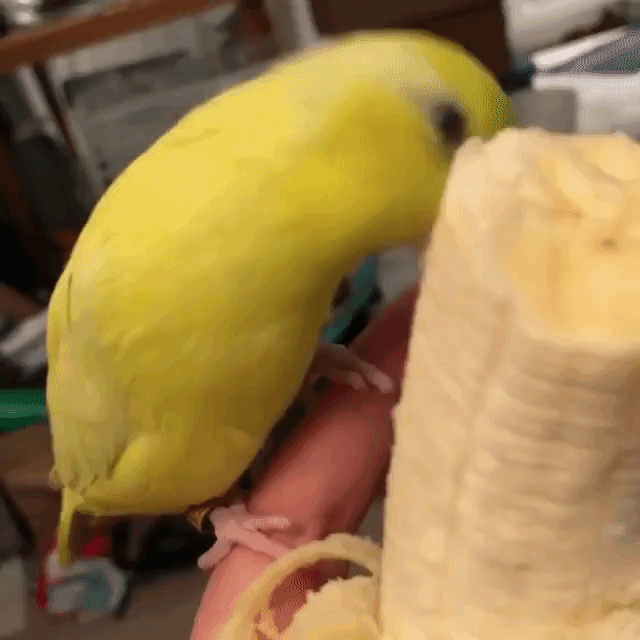
The important thing is to carefully observe your parrot for what could have caused the situation in the first place.
Then, consult with your vet if you can't get your bird to resume eating and drinking normally again with the tips above.
Have you dealt with a parrot that stops eating or overeats? Let us know what worked for you in the comments section below!
What Should I Do If My Parrot Is Not Eating? (Find Out!)
Parrots love food.
So when they stop eating, this is something that naturally concerns us.
After all, we all need food for proper health and nutrition, and our parrots are no different.
If your parrot stops eating or drinking for long periods, their body will gradually become weaker and weaker.
But if your parrot is experiencing a loss of appetite, don’t panic right away.
There are lots of things that could be causing this behavior.
But what should you do if your parrot stops eating?
The first thing you want to do when your parrot stops eating is to determine the reason.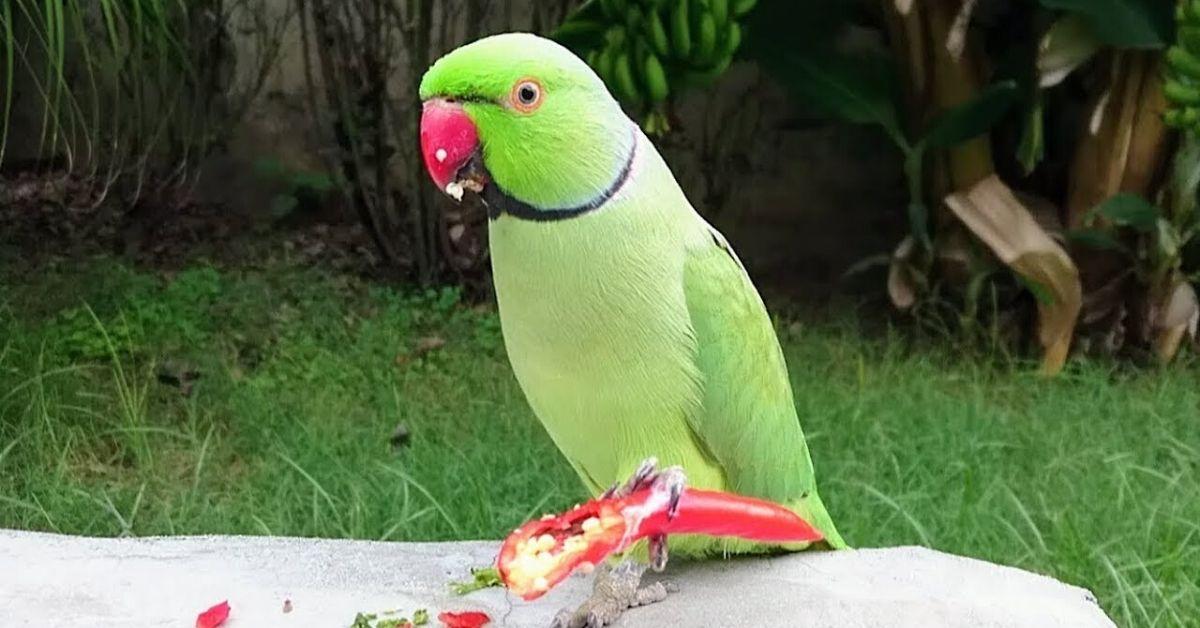 As we just mentioned, there are many reasons that your parrot may stop eating. Some of these reasons may be as simple as the fact that they don’t like the food they are being served. Other reasons may be more serious, like illness or disease. The key is to find out what is causing the behavior and then find the solution to the underlying concern.
As we just mentioned, there are many reasons that your parrot may stop eating. Some of these reasons may be as simple as the fact that they don’t like the food they are being served. Other reasons may be more serious, like illness or disease. The key is to find out what is causing the behavior and then find the solution to the underlying concern.
But what might make a parrot stop eating?
And at what point should you become concerned?
What do you feed a sick parrot?
And what does it mean if a baby parrot stops eating?
Today we will answer all of these questions and more, so let’s not waste another minute!
Table of Contents
- 1 Why do Parrots Stop Eating? And what to do about it.
- 1.1 They are stressed out
- 1.1.1 What should you do if your parrot is not eating because of stress?
- 1.2 They don’t like a new food
- 1.2.1 What should you do if your parrot is not eating new food?
- 1.
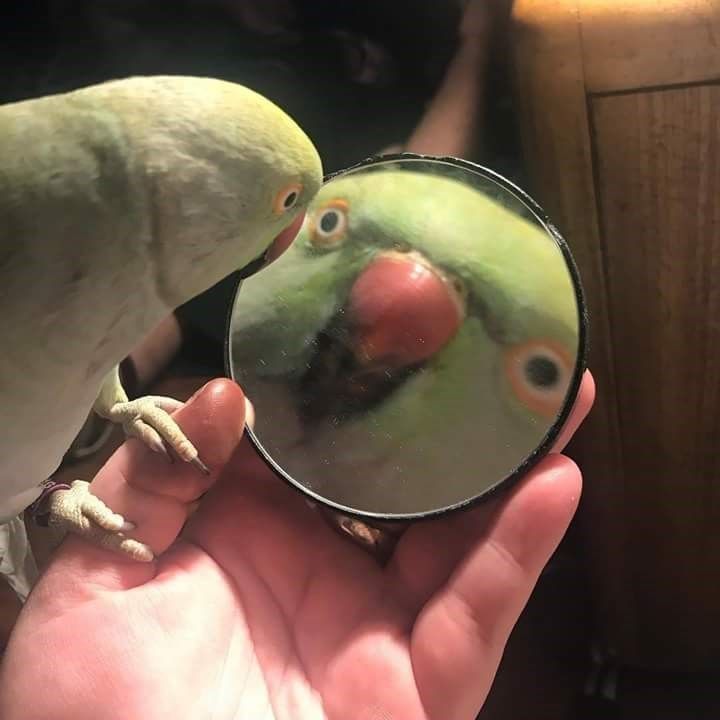 3 They have a parasite
3 They have a parasite- 1.3.1 What should you do if your parrot has stopped eating due to a parasite?
- 1.4 Illness/Disease
- 1.4.1 What should you do if you suspect your parrot is ill because they have stopped eating?
- 1.1 They are stressed out
- 2 What should I feed my parrot if they are not eating?
- 3 There are seeds all over the floor of my parrots cage – why aren’t they eating them?
- 4 My baby parrot isn’t eating – what should I do?
As we mentioned above, there are lots of reasons that parrots may stop eating and some are more serious than others.
Let’s take a look:
They are stressed outJust like humans, parrots can become stressed out.
There are a lot of things that can bring about stress from illness, to boredom, to depression, to a new environment.
If you have just recently brought your parrot home from the pet store, breeder, or rescue center, there’s a good chance that they will take some time to adapt to their new environment.
During this time, they may be stressed out.
Remember, parrots are used to living in the wild where everything is a threat to them.
They don’t know that your home is a safe place. For the first few days, they may be on guard constantly.
And as you can imagine, this is stressful.
What should you do if your parrot is not eating because of stress?
Stressed out parrots can exhibit a range of behaviors from aggression, to change in vocalizations, to repetitive behaviors, and feather plucking.
If you sense that your parrot may be stressed out, the key is to figure out why this is the case and act accordingly.
If your bird isn’t getting enough stimulation throughout the day, maybe you need to spend more time with them or buy them some more toys.
If they have just moved into your home, there is a good chance that this is the root cause of their stress.
The good news is, most parrots will start to adapt to a new environment within 24-48 hours of being there.
This means that they should start to regain their appetite.
Keep a close eye on your parrot within this time frame to see how much they are eating.
If your parrot is still not eating by day three, it may be a good idea to take them to the veterinarian.
They don’t like a new food
If you have just changed your parrots food or introduced a new food into your parrot’s diet, it could simply be that they don’t like it or that it doesn’t agree with them.
Parrots can be very particular about their food so if you have been feeding them the same diet for quite some time, it can be difficult to get them to change over.
Sometimes parrots will spend more time playing with new food than they will eating it.
If they do eat it, there’s also a chance that it could upset their stomach.
For this reason, veterinarians often recommend that you keep parrots on the same food throughout their life.
What should you do if your parrot is not eating new food?
If you do decide to change up your parrot’s diet or add something new to it, do it gradually.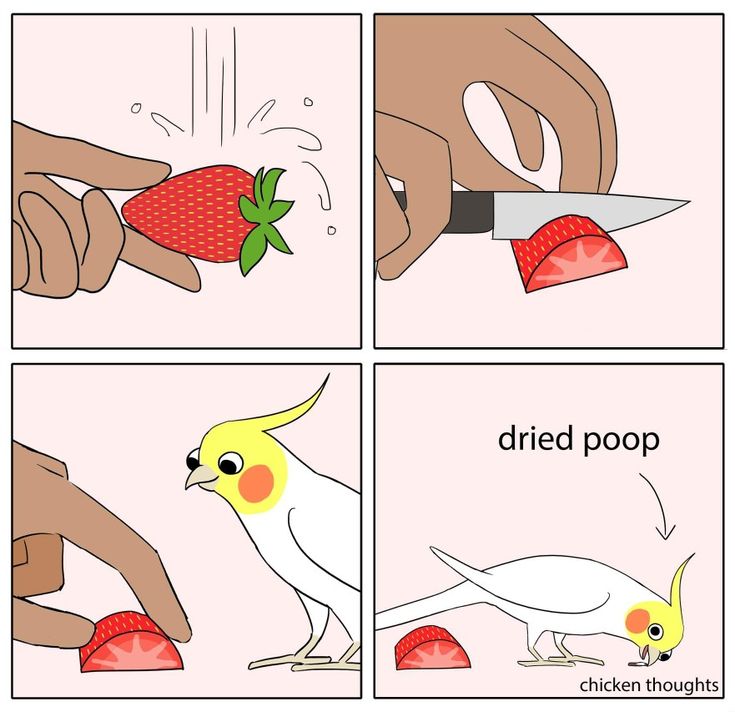
Giving them too much of a new food all at once can cause them to stop eating, or can create an upset stomach.
Add a little more into their diet each day. If after a few days they still refuse the new food, revert back to their old diet.
It’s better to have your parrot eat something than nothing at all.
They have a parasite
If you have examined your parrot’s environment and feeding routine, and their lack of appetite does not seem to be caused by that, it’s time to take them to the veterinarian.
Sometimes lack of appetite can be due to more serious issues like parasites.
There are a variety of different parasites that can affect parrots.
Included in these are Aspergillosis, Giardia, Sarcocystis, and Scaly Face Mites.
Each of these has its own signs and symptoms, but the one thing that remains true for all of them is that your parrot can lose their appetite.
What should you do if your parrot has stopped eating due to a parasite?
If you suspect your parrot may have a parasite, the only thing to do is take them to the veterinarian.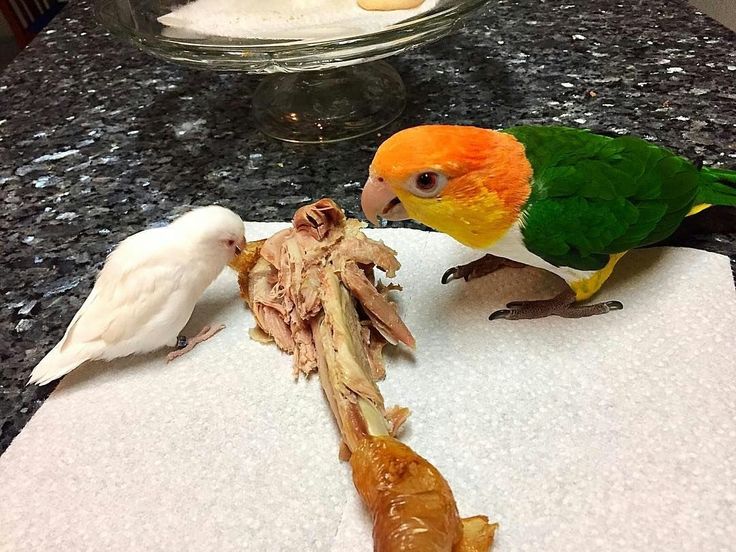
A veterinarian will be able to confirm what type of parasite your parrot has and will be able to prescribe the proper medication to treat it.
With that being said, the best thing for parasites is prevention.
Feeding your parrot a healthy and nutritious diet, along with ensuring that their cage is kept free of dirt and mold, will go a long way in preventing parasites in the first place.
Illness/Disease
There are a long list of illnesses and diseases that can affect your parrot, many of which can cause a lack of appetite.
If you have ruled out all other causes for your parrot’s lack of appetite, it could be possible that they are sick, ill, or otherwise in some type of pain.
What should you do if you suspect your parrot is ill because they have stopped eating?
Take them to the veterinarian as soon as possible.
Your veterinarian will be able to run a series of tests to find out what is wrong with your parrot.
From there they can provide the proper course of treatment.
What should I feed my parrot if they are not eating?
If your parrot has stopped eating for any of the reasons above, it’s important that you get some type of nutrition into them.
Within a few days of not eating you can quickly see your parrot’s energy levels drop.
You don’t want them to get to the point of malnutrition.
So if your parrot has stopped eating, stick to their favorite foods.
There is a higher likelihood that they will eat their favorite snack as opposed to a food that they just tolerate.
At this point in time, any amount of nutrition will help.
Also, be sure that your parrot is staying hydrated.
Without water your parrot can become ill very quickly.
If they have stopped drinking too, don’t wait, take them to the veterinarian immediately.
In terms of food, a veterinarian visit is recommended after 2-3 days of not eating.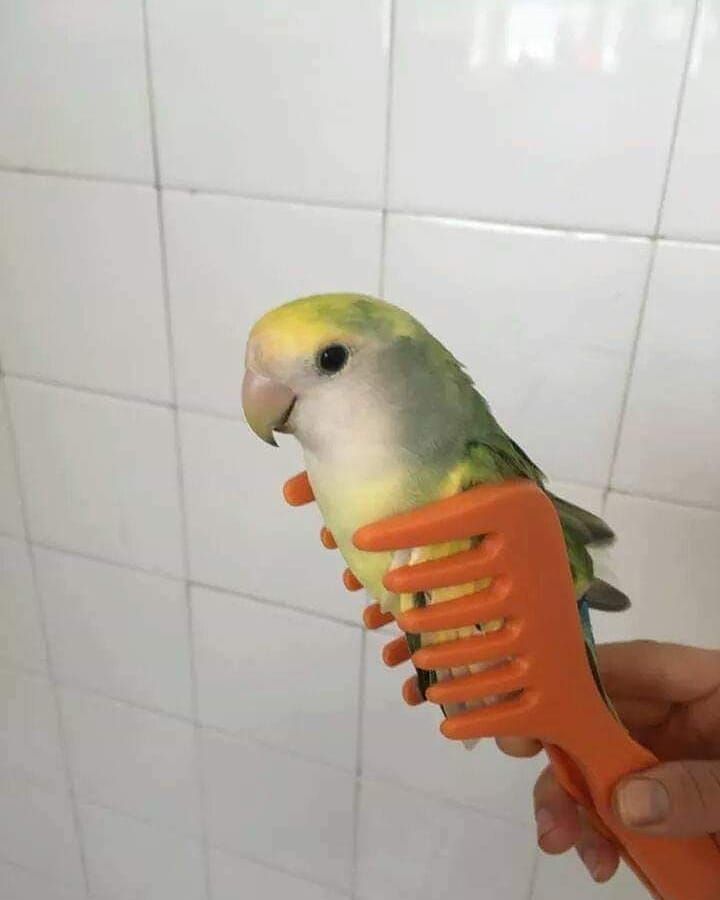
There are seeds all over the floor of my parrots cage – why aren’t they eating them?
If you see seed mix all over the floor of your parrot’s cage, you may think that they aren’t eating.
But before you jump to this conclusion, take a good look at the seed mix.
There’s a good chance that they are taking out the inside of the seed and spitting out the shells.
If this is the case, there is no cause for concern.
Parrots do this all the time.
Some parrots are pickier than others and will actually pick certain foods out of their pellet mix, disposing of the rest at the bottom of their cage.
Many parrots will also play with their food before they eat it.
Again, this isn’t a cause for concern.
As long as they are eating a portion of their pellet mix, they do not need to see a veterinarian.
My baby parrot isn’t eating – what should I do?
If you have a baby parrot, there are numerous reasons that it might not be eating.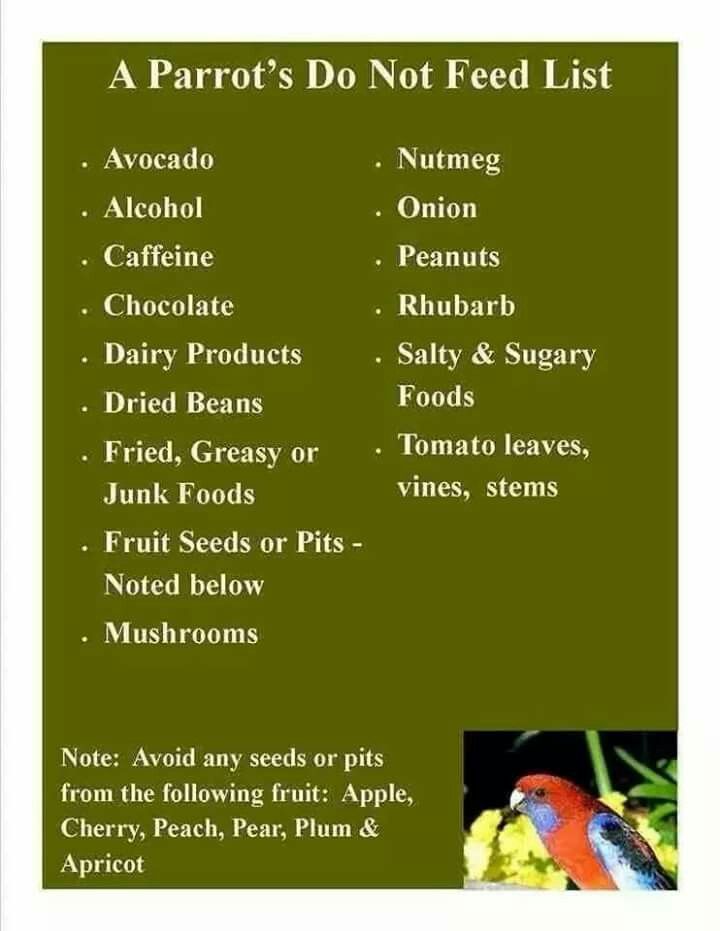
More than likely it has to do with the temperature or consistency of their formula mix.
Again, parrots can be extremely picky eaters – even as babies – so making sure you get the small things right can play a big role in whether or not your baby parrot eats.
In conclusion, if your parrot has just stopped eating, don’t panic.
It could be something as simple as not liking their new food.
But if your parrot has stopped eating for more than 2 days, take them to a veterinarian as soon as possible to rule out any parasites or illnesses.
Parrot does not eat or drink water: why, what to do
Excellent appetite is an important indicator of pet health. If suddenly the parrot does not eat or drink, the owner should find out as soon as possible what happened in the body of the bird. Below you will learn about the main reasons for refusal of water and food, as well as ways to help your pet.
Maintenance
- Daily allowance of food and water
- Why the parrot stopped eating
- Why the parrot does not drink
- How to help the parrot
- How long can a parrot live without food and water? Each species has its own diet, which must be studied before getting a pet.

- Budgerigar. This species requires about 1.5-2 teaspoons of grain feed per day. It is best to divide them into several portions so that the bird does not feel strong hunger. Additionally, the budgerigar can be given pieces of fruits and vegetables. The drinking bowl should always be filled with fresh water. It needs to be changed once a day. nine0008
- Macaw. For satiety, this parrot needs 60 grams or 3.5 tablespoons of food per day. The basis of the mixture should be cereals (from 60 to 70%), the rest - vegetable feed and root crops. Also, the owner must monitor the water in the macaw cage. Since it is recommended to pour it into a bowl, the liquid quickly becomes contaminated. Therefore, you need to change the water twice a day.
- Corella. The daily food intake for this species is 40 grams or 2-2.5 tablespoons. Ideally, it should be divided into two parts - a spoonful for the morning and evening. The bird should always have access to clean water, so once a day you need to pour a new drink into the drinker.
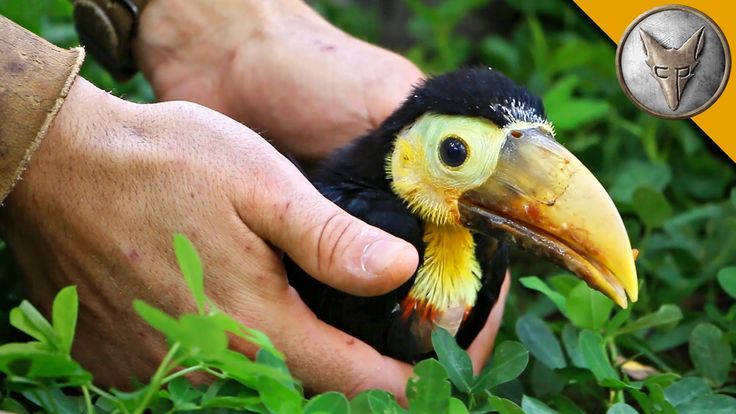 nine0008
nine0008 - Cockatoo. Adult birds require 50-60 grams or 3-3.5 tablespoons of grain feed daily, as well as fresh fruits and vegetables. The norm is divided into two approaches: morning and evening. Water is changed once a day.
Why a parrot stopped eating
A bird can refuse to eat for a variety of reasons. Sometimes they are quite harmless: the pet does not like the mixture or a particular product. He may also experience a little stress due to changes in the cell or outside - then the loss of appetite is also only a temporary phenomenon that should pass by itself. nine0003
When a parrot moves to a new cage, it is not always possible to quickly find a feeder and drinker. So that he does not suffer, it is better to temporarily put a few more containers on the bottom with a minimum amount of food. This will help the bird calm down faster.
In other cases, refusal to eat indicates a violation of the gastrointestinal tract. It can be affected by prolonged stress, poisoning with poor-quality or expired food, and illness.
 If the parrot does not eat, and at the same time he has diarrhea, blood in the litter, convulsions, immobility, you need to urgently make an appointment with the veterinarian. nine0003
If the parrot does not eat, and at the same time he has diarrhea, blood in the litter, convulsions, immobility, you need to urgently make an appointment with the veterinarian. nine0003 Why a parrot doesn't drink
It is not always possible to determine for sure if a pet has lost interest in water. Parrots drink a little, especially if their diet includes berries, fruits, vegetables, greens. Sometimes a bird refuses to drink due to the stress of changing cages, drinking bowls, or any other elements of its environment. As in the case of food, in a new dwelling it is better to put several drinkers at once.
It is important to know the symptoms of dehydration, which will help the owner understand that something is wrong with his ward. The main signs are lethargy, sunken and constantly closing eyes, cold paws. They appear within a day after the onset of dehydration. To provide timely and competent assistance, you must contact the veterinary clinic. If the parrot does not drink water, but is active as before, you should not worry about it.
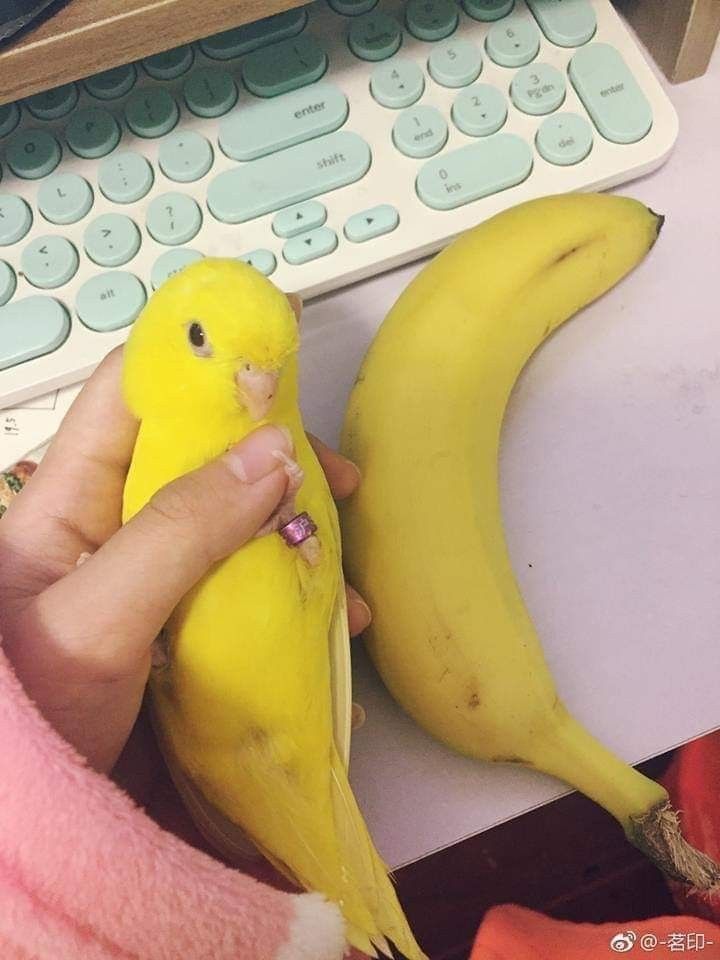 nine0003
nine0003 How to help a parrot
Observing your pet will help you decide what to do if your parrot is not eating or drinking water. It is important to understand how much and how quickly his behavior has changed, what these changes are expressed in. There are a lot of factors that only temporarily immerse the parrot in this state, and most often they all cause stress.
How to help a parrot cope with stress?
- Create a calm environment;
- Do not make loud noises around the cage; nine0008
- Do not bring other animals or people unfamiliar to the bird into the room;
- Only open the cage to fill the feeder and change the drinker;
- Try to calm the bird down by talking softly and softly to it.
Changing the color and structure of the litter, lethargy, silence, constantly closed eyes - all this indicates that the bird has been poisoned or sick. In this case, it cannot be treated on its own, as this may end badly for the pet.
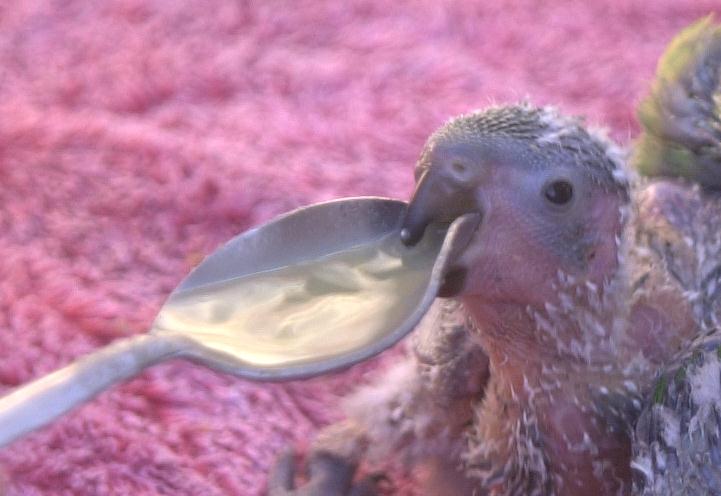 The only way out is to make an appointment with a veterinarian. nine0003
The only way out is to make an appointment with a veterinarian. nine0003 How long can a parrot live without food and water? On average, without food, both small and large parrots will live a maximum of 2-3 days. During this time, the hunger strike will greatly affect the animal: it will have severe disorders of the gastrointestinal tract, feather cover, and lethargy. Eventually it will lead to death. If this is a very young parrot or an elderly one, or if he has health problems, he will die even earlier. nine0003
Without water, a bird can live only a day. She constantly needs to drink fluids due to high body temperature, fast metabolism and an abundance of dry grain food. Clean water is much more important for a pet, which is why you need to pay so much attention to the drinker.
Conclusion
Strong feelings of the owner, when the parrot does not eat or drink, fortunately, are not always justified. It is important to remember that, like any living organism, a pet reacts to changes and stimuli, which means it may temporarily lose interest in water or food.
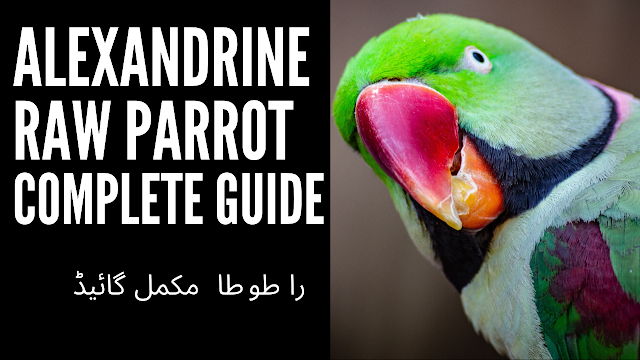 And when housewarming, it is sometimes enough to put a couple of additional feeders and drinkers so that the bird quickly adapts to new conditions. Nevertheless, it is very important to monitor the parrot's appetite, because in exceptional cases, changes can be a signal of a health disorder. nine0003
And when housewarming, it is sometimes enough to put a couple of additional feeders and drinkers so that the bird quickly adapts to new conditions. Nevertheless, it is very important to monitor the parrot's appetite, because in exceptional cases, changes can be a signal of a health disorder. nine0003 If you liked the article or have something to add, then leave your comments and join our VKontakte group.
Parrot won't eat or drink after purchase: budgerigar adaptation
You bought a pet, brought it home, looking forward to how great it will be to play with it and listen to its cheerful chirping. But you notice that after the purchase, the parrot does not eat or drink, sits huddled in the corner of the cage, or in a panic shied away from your every movement. Today we will talk about budgerigar adaptations, mistakes and what to do to get the bird used to you as quickly as possible. nineOl000 a parrot out of a cage
- Do's and Don'ts
- should not be under direct sunlight and at the same time should be well lit, up to the installation of ultraviolet lighting;
- drafts are not allowed - birds are very sensitive to them;
- should also not be located close to heating appliances;
- try to put the cage in a place where it will be in contact with the wall on one side - this will create a feeling of security in the parrot; nine0008
- the pet must be in his house at the level of your eyes, neither above nor below, in order for him to form the correct behavior and perception of people.

- two or three branches in the form of fruit tree perches, minimum diameter 15 mm. No need to remove the bark from them - roughness and unevenness will be an excellent prevention of paw disease and grinding of claws; nine0008
- two stable feeders (wet and dry), fresh water bowl;
- two or three toys;
- bath with water, especially during the hot season.
- If you buy a bird from a store, do not transport it in a cage in which it will later live.
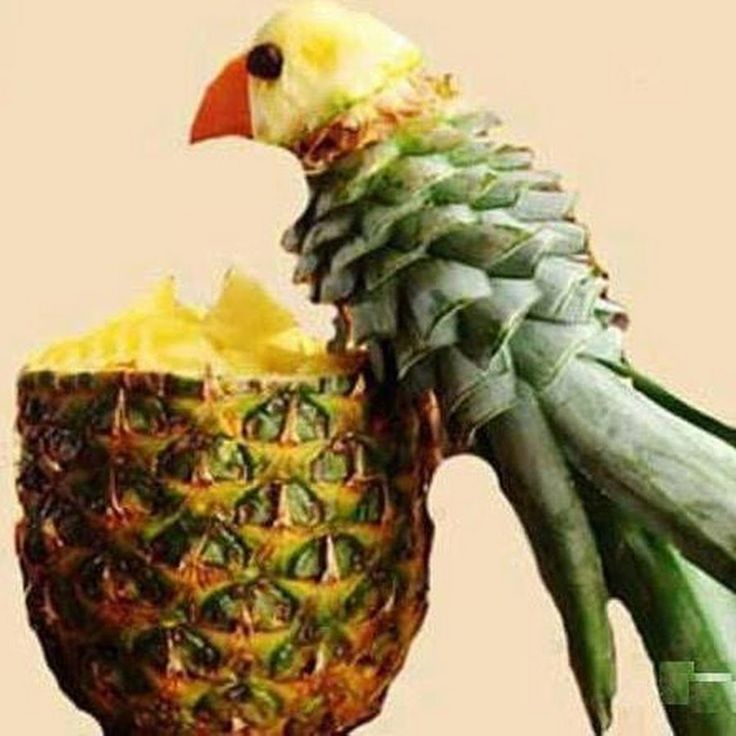 Otherwise, this home of hers will cause a lot of negative emotions, as it will be associated with severe stress.
Otherwise, this home of hers will cause a lot of negative emotions, as it will be associated with severe stress. - Do not smoke indoors with your pet and do not place flowers near him that he can chew on. All this can seriously harm his health.
- You cannot move the parrot's home in an attempt to find a better place. This disorients the bird and makes it difficult to get used to the environment. nine0008
- Don't hang around your pet all the time; trying to take an untamed feathered bird in your hands, catching it in a cage - such attempts sometimes end in the death of a parrot from a broken heart.
- It would be a mistake not to feed, hoping that hunger will make the bird trust you and eat from your hand. Given that budgerigars need to eat frequently, prolonged hunger will lead to digestive disorders.
- You should not try to communicate with a feathered one when he is not in the mood - this can generally discourage him from communicating with you. nine0008
- Also, don't try to treat a bird for diarrhea that occurs after it enters your house - by treating it, you will most likely harm it.

Learn more
Preliminary preparation
If you decide to keep a parrot, know that soon there will be not a toy in your house, but a new family member.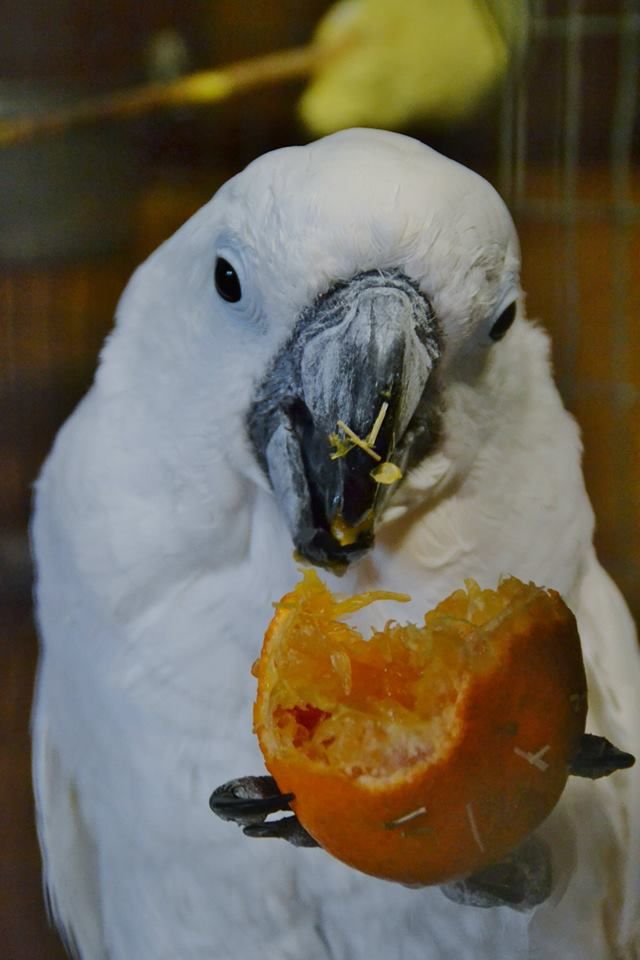 It is very important to prepare for its appearance in advance: to equip the feathered dwelling. nine0003
It is very important to prepare for its appearance in advance: to equip the feathered dwelling. nine0003
The cage must be made of quality materials. The rods are not painted with paint, do not contain lead, zinc or copper. Italian cages are considered to be of higher quality than, for example, Chinese ones, which can be made from materials hazardous to the health of parrots.
The size of the parrot house is at least 25x30x40 cm. The bottom should be retractable so that you can safely clean it without disturbing your bird.
Attention! The more space a bird has for maneuvers (flying, fluttering, climbing), the healthier it will be. nine0003
Find a suitable place for the future house:
The first time after buying a parrot, it is advisable to cover two walls of the cage with a light dark cloth - this will save him from stress, creating a feeling of solitude.
Inside should be:
Before putting the cage in place, be sure to thoroughly disinfect it and all its contents (toys, perches, drinking bowls, feeders): wash with soap and water, scald with boiling water, dry. If you prepare everything in advance, it will be much easier for your budgerigar to adapt after purchase. nine0003
Behavior of the parrot after purchase
When a pet enters your house, it feels a lot of stress due to a sudden change of scenery.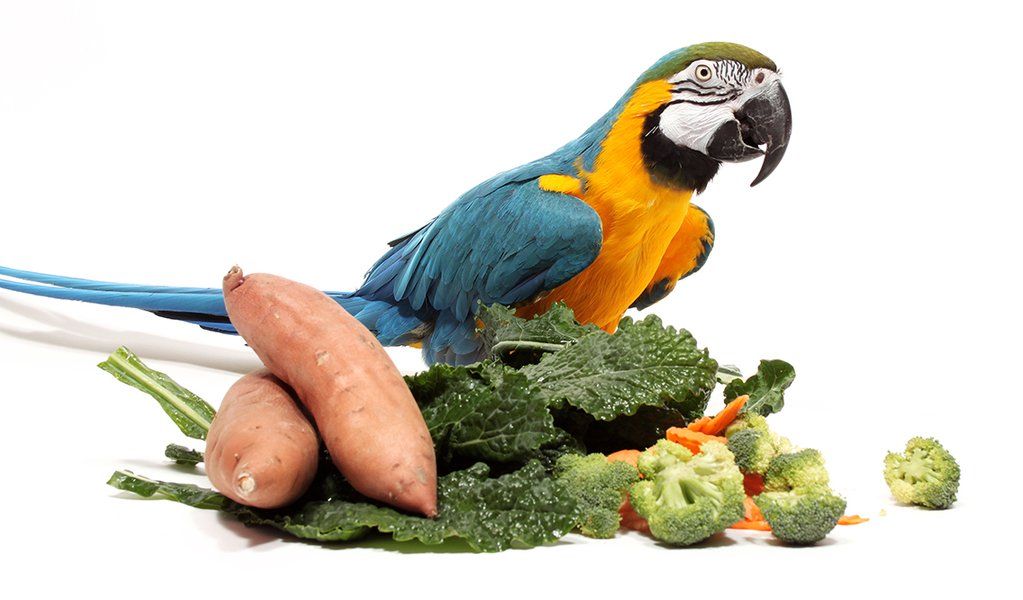 He needs time to get used to and master the new territory. Of course, in such a situation, the parrot will not be at all ready to communicate with its owner. Therefore, it is important not to rush to adapt the budgerigar after purchase.
He needs time to get used to and master the new territory. Of course, in such a situation, the parrot will not be at all ready to communicate with its owner. Therefore, it is important not to rush to adapt the budgerigar after purchase.
Does not eat or drink
Many owners of these birds will confirm that the parrot does not eat on the first day of its arrival in the new home. The main reason for this is stress. nine0003
It may also be that the bird feeder is unusual, or the parrot does not notice it at all. In this case, carefully approach him and, without making sudden movements, bring the feeder. When the bird sees the food, and even if it starts pecking at it, return the feeder to its place and leave the room so that the wavy can eat in peace.
You can also sprinkle some grains directly on the bottom to feed your pet. It is important to prevent him from a prolonged feeling of hunger.
The reasons why the parrot does not drink are the same: he is still afraid of everything or he is not used to drinking.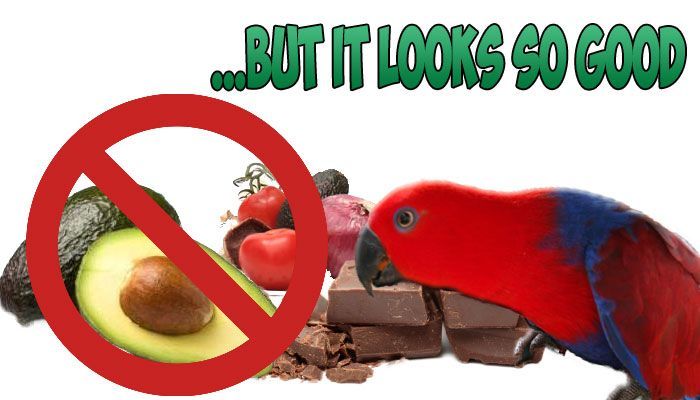 Perhaps the bird used to drink from a bowl, and now does not know how to handle a drinker. Place a bowl of water on the bottom of the cage and observe. Perhaps this capacity would be preferable for her. nine0003
Perhaps the bird used to drink from a bowl, and now does not know how to handle a drinker. Place a bowl of water on the bottom of the cage and observe. Perhaps this capacity would be preferable for her. nine0003
Some owners cannot say with certainty that their parrot does not drink. After all, birds often drink hurriedly, quickly and rarely. Make a mark on the cup with a marker and the next day see if the amount of water in the cup has decreased. Most likely there will be less water.
Important! Do not forget to change the water daily, while thoroughly washing the drinker so that slippery deposits do not appear on its walls.
It is normal that in the first days after the purchase, the parrot does not eat or drink, it will gradually calm down, get used to it and the problem will resolve itself. nine0003
The bird rushes about or sits motionless, liquid droppings
In the reviews, many owners describe how their budgerigar behaves during the adaptation period: some rush around the cage, reacting in a panic to every human movement, others freeze on the perch, fluff up and carefully monitor what is happening, others hide in a corner at the bottom of the cage and do not make a sound.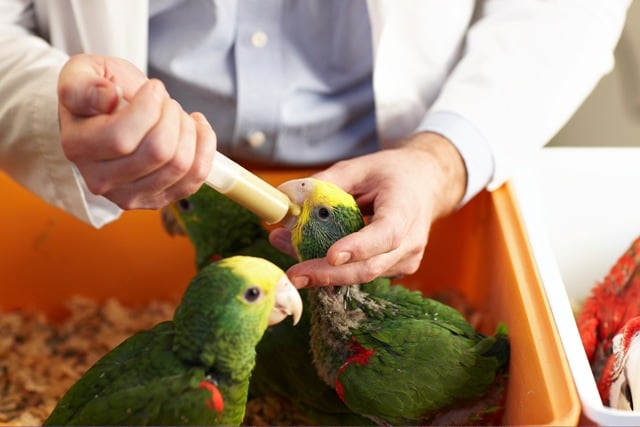
If you tactfully and carefully accustom your pet, he will gradually get used to it, but for now the bird simply does not know what to expect from you and what to count on. nine0003
Over time, both panic and numbness will subside and the pet will feel confident.
As for loose stools, there can be two reasons for this: you bought a sick parrot or he has such a reaction to stress.
If, upon examination before purchase, the bird looked healthy (it has beautiful plumage, clean cloaca, no discharge from the eyes and growths on the beak, litter in the store was normal), it often happens that after transportation the bird has loose stools. nine0003
Usually within two to three days (maximum a week) the stool returns to normal. If the problem persists, contact your veterinarian.
See how a budgerigar behaves when he has just arrived in a new home:
How to behave with a parrot during adaptation
You will need to be as patient as possible and understand the condition of your budgerigar after purchase.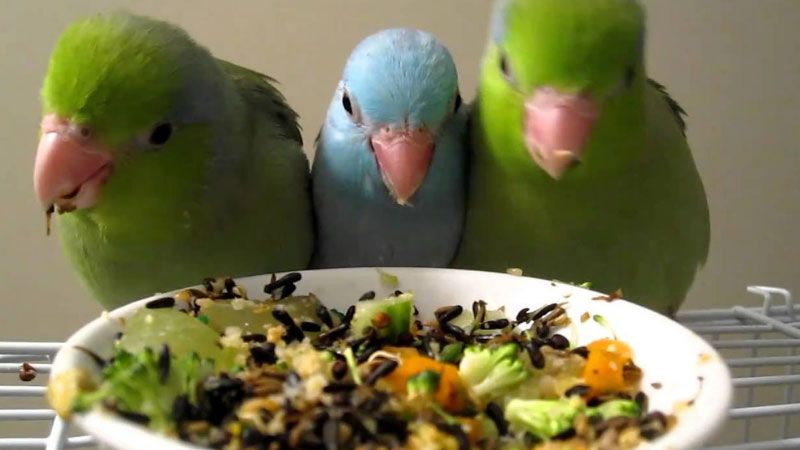 So that the adaptation does not drag out, give him time to get used to it, and do not disturb him again. Let the bird examine the environment in the room, explore its home, and gradually understand that this is a safe area. nine0003
So that the adaptation does not drag out, give him time to get used to it, and do not disturb him again. Let the bird examine the environment in the room, explore its home, and gradually understand that this is a safe area. nine0003
While getting used to, do not make noise in the room with the pet, do not turn on the TV or music loudly, do not invite guests, do not shout or make sudden movements near the parrot. Try to keep other pets and small children out of the room. And even less often, at least for the first couple of days, be in the room. You still have time to get acquainted with the parrot, let it get used to the situation for now.
Moreover, you should not try to take him in your arms, and you can open the cage only to change water or give food. nine0003
When you notice that your pet's fear is gradually disappearing, talk to him in a low voice, call him by name.
Until the parrot has fully adapted after purchase, you do not need to let it out of the cage to fly.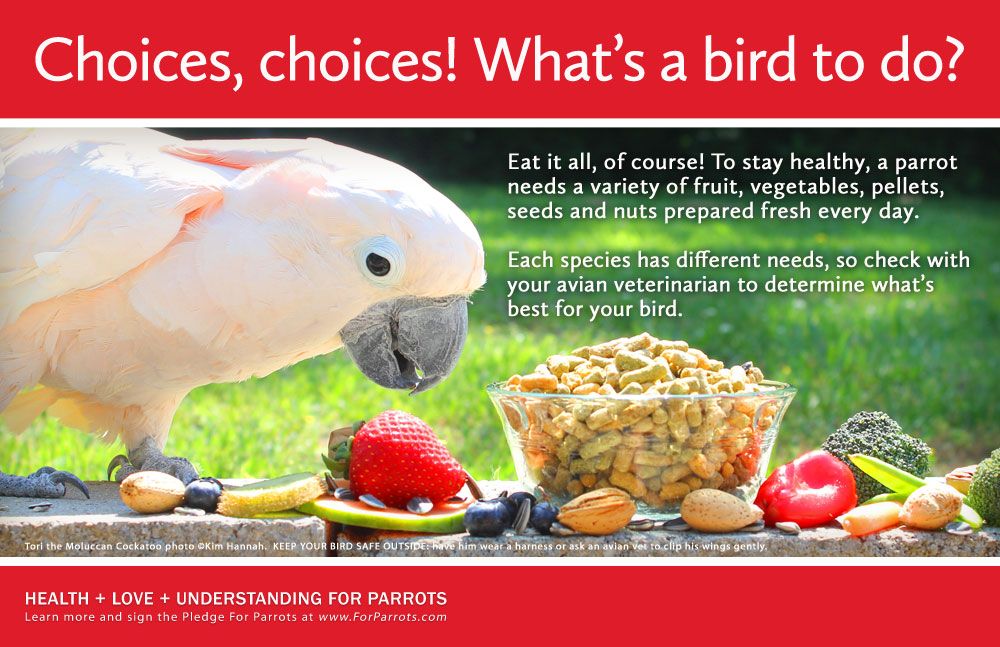 A bird can rush about in fear around an unfamiliar room, hitting interior items, and it’s good if it doesn’t cripple. And then it will be very difficult to drive the parrot back into the cage.
A bird can rush about in fear around an unfamiliar room, hitting interior items, and it’s good if it doesn’t cripple. And then it will be very difficult to drive the parrot back into the cage.
Of course, each bird is individual and its reaction to a change in the usual environment may not always fit any standards. Of great importance is what kind of chick you have acquired: tame or untamed - the manner of communicating with them is strikingly different. In this video, you will learn how to behave with a tame newly bought pet and how to behave with a non-tame one:
When is it time to let the parrot out of the cage? This usually takes at least one to two weeks, sometimes a month (it all depends on the readiness of the parrot). Only then can you start letting him out of the cage.
If the pet understands that his house is a safe territory that no one will encroach on, then you will not have any special problems with his return.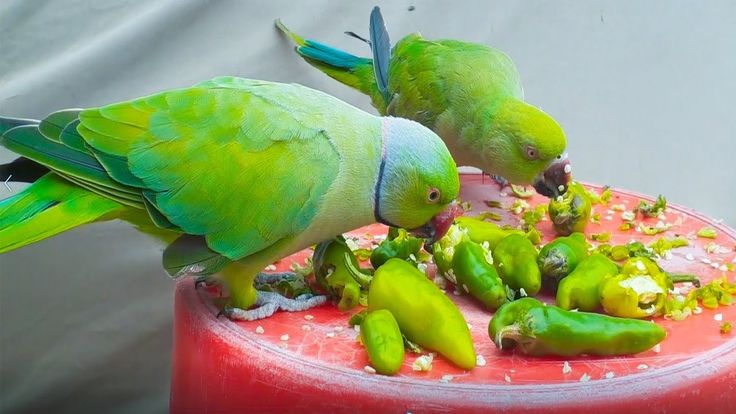 nine0003
nine0003
The first time you can let a budgerigar out of the cage is not earlier than the bird starts to respond to its name and stops being afraid of you. Check in advance that windows and doors are closed and other pets that may attack her are isolated.
Attach a perch to the outside of the cage, on which the bird will jump, getting out of the cage and climbing into it. Sometimes you need to go to various tricks to lure her out of the house, and then in order to lure her back. nine0003
Release the parrot before feeding - hunger will make it easier to return to the house. You can sprinkle grains through the rods - this sound will attract his attention and the bird will fly into his house.
What to do if the bird is still afraid to fly out of the cage, you will learn from this video:
What not to do
In addition to not making noise near the bird and trying to speed up the adaptation of the parrot after purchase, there are a few more actions, things not to do if you want to befriend him:


